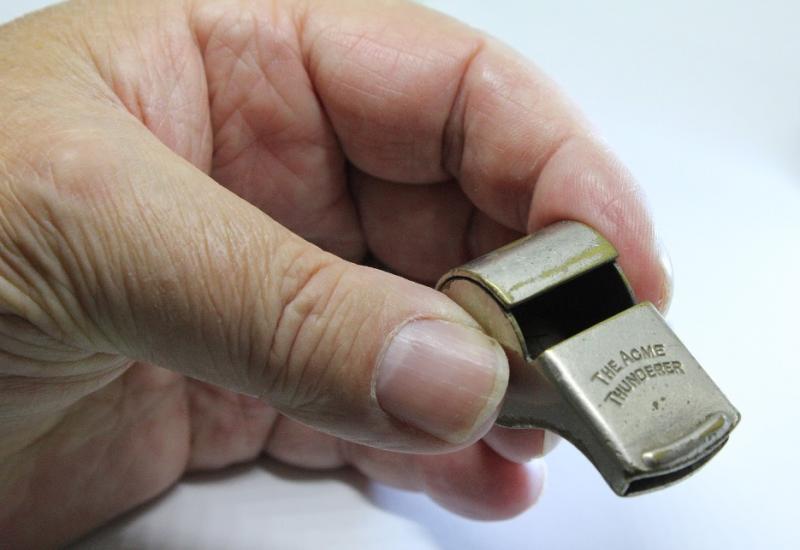What laws protect whistleblowers?

It is not always bad to be a tattletale. In fact, the course of history may have been changed considerably were it not for some well-known rats. Ivan the Terrible might have been remembered as Ivan the Annoying if it were not for Andrey Mikhailovich Kurbsky. A Muscovite who defected to Lithuania, Kurbsky ratted Ivan out by exposing corruption in his regime.
If your company is doing something illegal, you may have considered turning them in but be hesitant to do anything about it for fear of retaliation. Your fears are somewhat warranted because retaliation by employers is not uncommon. However, there are laws to protect employees. Throughout history, whistleblowers have been an essential part of our democratic system.
The First American Whistleblower Law
In 1777 midshipmen Samuel Shaw and Richard Marven blew the whistle on Navy Commodore Esek Hopkins for torturing a British Prisoner of War on a ship called the Warren. Hopkins was suspended as a result of their complaint.
The commander attempted to retaliate against the pair by having them arrested for criminal libel, and they were thrown in jail. The sailors wrote Congress a letter from jail asking for help. The Continental Congress passed the Whistleblower Protection Law on July 30, 1778. Today there is a National Whistleblowers Day on July 30th created to honor the bravery of Mr. Marven and Mr. Shaw.
Many of the whistleblower protection laws that followed dealt with protecting government workers. The False Claims Act of 1863 prevents workers from making untrue claims against their employers. It also prevents contracting companies from making false claims to the government about the effectiveness of their products.
The Lloyd–La Follette Act of 1912 allows federal employees to report violations that they have seen at work to members of Congress provided that the congressperson has the appropriate security clearance.
The Civil Service Reform Act of 1978 addresses rights to Civilian Federal employees such as postal workers. It establishes committees and a protocol for workers to complain about illegal mistreatment by supervisors in their ranks.
The Whistleblower Protection Act of 1989 gives federal employees the right to report government waste, corruption, and illegalities. The Dodd-Frank Act of 2010 was designed to improve the accountability of financial institutions and corporations. It extends protections for whistle-blowers in the private sector.
What happens when I report my company for violation of the law?
If your company is in violation of the law, your first step should be to talk to a whistleblower Attorney. They can tell you if they believe the violation of the law merits the efforts of making a formal complaint. They can also advise you as to which government agency regulates those violations. They can tell you what sort of evidence is necessary to make a valid claim.
In order to be protected by federal whistleblowers laws, the disclosure must be made in the public interest. This means the company must have committed a criminal offense, threatened public safety, did damage to the environment, or violated the civil rights of its employees or clientele.
Before you report your suspicions to a government agency, you may want to go through your company's chain of command to report violations. If they do nothing, you can then begin the process of turning information over to the proper authorities. If they fire you, you can still turn them over to the proper authorities, and you can sue them for wrongful termination.
Although it may be scary, it is important to report corruption when you see it. We may never have heard of the Tuskegee Syphilis Experiment if it weren't for a Public Health Service employee named Peter Buxton, who exposed the cruel details of the experiment to the Associated Press. Whistleblowers are an important part of American history and a critical component in keeping corporations honest.
More to Read:
Previous Posts:









